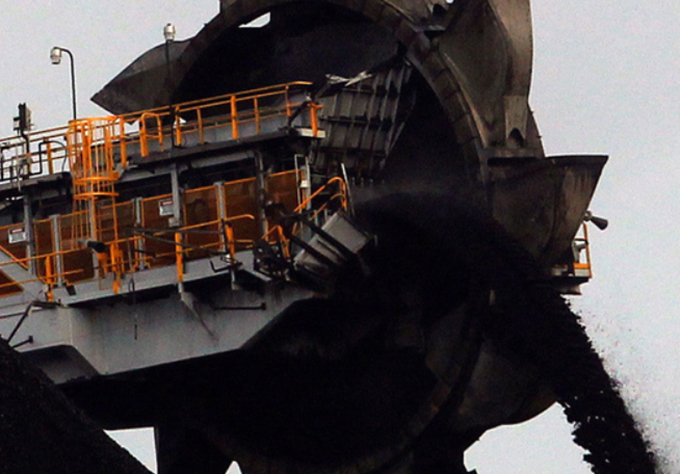
By Dr Wesley Morgan
SUVA (Asia Pacific Report/The Conversation/Pacific Media Watch): Uniquely vulnerable to the impacts of a warming world, Pacific island countries have long been considered the front-line of climate change, so it’s not surprising that they are also leading the fight to tackle the problem.
These tiny nations have vowed to challenge major polluters to cut emissions and, this year, they have coal exports from their biggest neighbour firmly in their sights.
For the first time, a Pacific island country is head of global negotiations aiming to limit “dangerous interference” with the Earth’s climate system. Fiji, which last week marked the first anniversary of the devastation caused by the strongest cyclone ever recorded in the southern hemisphere, has vowed to use its presidency of the United Nations Framework Convention on Climate Change (UNFCCC) to make the world sit up and take notice.
This must be a matter of concern in Australia’s capital, Canberra; Fiji’s Prime Minister Voreqe Bainimarama is an outspoken critic of his neighbour’s climate policy.
He has labelled Australia a prominent member of the “coalition of the selfish” – a group of industrialised nations that put the welfare of their carbon-polluting industries before the environment, and even the survival of Pacific island countries.
It’s difficult to deny that Bainimarama has a point. Australia is one of the wealthiest nations on earth, and the world’s largest coal exporter. The country has doubled exports of coal – the dirtiest of fossil fuels – over the past decade.
Read the full article at Asia Pacific Report
Dr Wesley Morgan is a lecturer in politics and international affairs at the University of the South Pacific.
This work is licensed under a Creative Commons Attribution-NonCommercial 3




